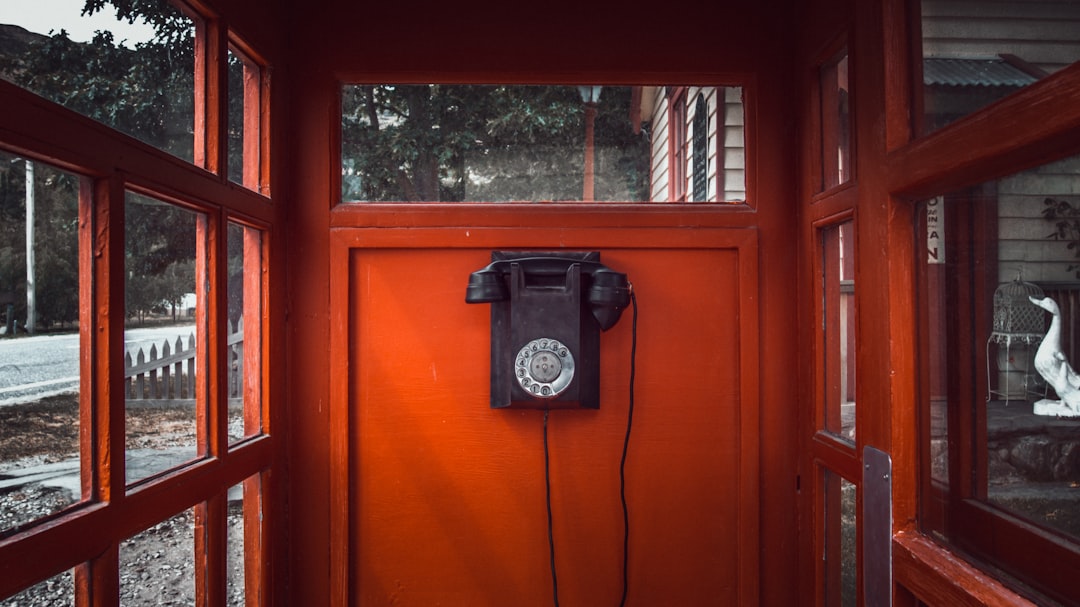In Iowa, stringent Spam Call laws, enforced by the Attorney General, protect residents from unwanted and harassing automated or prerecorded phone calls through the Telephone Consumer Protection Act (TCPA). A reputable Spam Call law firm in Iowa guides citizens on navigating these laws, helping them recover damages, block future calls, and educate businesses about responsible telemarketing practices. Businesses using automatic dialing devices for marketing must obtain informed consent, offer opt-out options, and respect do-not-call lists to avoid substantial fines and reputational damage. Victims of unwanted automated dialing can report offenses to the FTC or pursue litigation with a specialized Spam Call law firm in Iowa to seek damages and statutory penalties.
In Iowa, automatic dialing devices (ADDs) are subject to stringent regulations aimed at curbing spam calls and protecting residents. Understanding these laws is crucial for both businesses seeking to comply and individuals tired of unwanted telemarketing. This article delves into the intricacies of Iowa’s spam call laws, highlighting protections for residents, obligations for businesses, and rights for victims. If you’re looking for guidance from a Spam Call law firm in Iowa, this is a comprehensive resource to navigate these restrictions effectively.
Understanding Iowa's Spam Call Laws: Protections for Residents

In Iowa, the Spam Call laws are designed to protect residents from unwanted and harassing phone calls. These regulations, enforced by the state’s Attorney General, aim to ensure that citizens can enjoy peace of mind when it comes to their personal privacy. If a consumer feels they’ve been a victim of spam calls, they have legal recourse under Iowa’s Telephone Consumer Protection Act (TCPA). This act prohibits businesses from making or causing phone calls using automatic dialing systems or prerecorded messages without prior express consent from the receiver.
A reputable Spam Call law firm in Iowa can guide residents on how to navigate these laws and take action against violators. These firms specialize in helping individuals recover damages, block future calls, and educate businesses about responsible telemarketing practices. Understanding one’s rights under the state’s spam call laws is crucial for any Iowans concerned about their privacy and well-being.
Automatic Dialing Devices: What Businesses Need to Know

In today’s digital era, businesses increasingly rely on automatic dialing devices for marketing and customer outreach. However, these technologies must adhere to strict regulations to avoid becoming a nuisance or violating consumer rights. Iowa law, specifically regarding spam calls, dictates how automated call systems can operate to ensure fair practices. Businesses operating in this state must familiarize themselves with the Spam Call law firm Iowa guidelines to prevent legal repercussions and maintain customer trust.
Understanding these restrictions is vital for companies utilizing auto-dialing software. It involves ensuring informed consent from recipients, providing an opt-out mechanism during calls, and respecting designated do-not-call lists. Failure to comply can result in significant fines, damaging a company’s reputation and financial health.
Enforcing the Law: Rights and Remedies for Victims of Unwanted Calls

Under Iowa’s Spam Call laws, victims of unwanted automated dialing have specific rights and remedies. If you’ve received automated calls promoting goods or services without your prior consent, you can take action. A reputable Spam Call law firm in Iowa can help navigate these legal options, which may include filing a complaint with the Federal Trade Commission (FTC) or pursuing litigation against the offending company.
Victims can seek damages for each violation, including actual harm caused by the calls, as well as statutory penalties. These penalties can amount to significant compensation per call, making it a powerful disincentive for businesses engaging in illegal telemarketing practices. By exercising your rights under Iowa’s Spam Call law, you not only protect yourself from harassment but also contribute to deterring others from similar misconduct.






